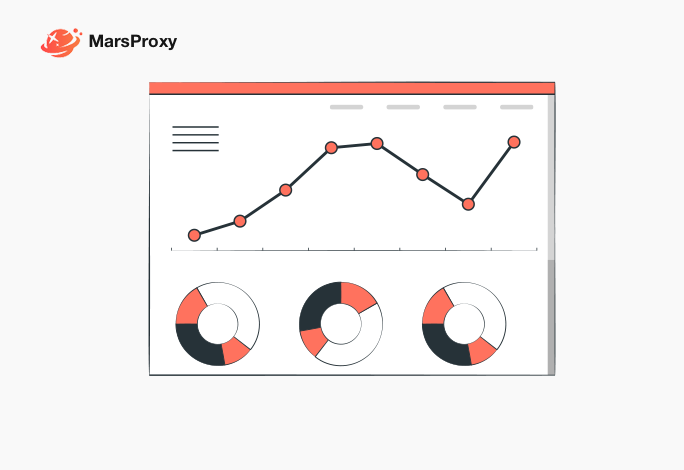 Mars proxy
Mars proxy
 Mars proxy
Mars proxy
< 返回博客
2024-09-21

In the vast digital landscape, where data flows ceaselessly across networks, proxy servers act as intermediaries, facilitating communication between clients and servers. A crucial component of these proxy servers is the proxy port. But what exactly is a proxy port, and why is it so important?
A proxy port is essentially a specific numerical address assigned to a proxy server. When a client, such as a web browser, sends a request to a server, it doesn't directly connect to the server. Instead, the request is routed through the proxy server, which then forwards it to the destination server. The proxy port acts as the entry point for these requests on the proxy server.
To illustrate this, let's consider a simple analogy. Imagine a post office as a proxy server. When you send a letter to a friend in another city, you drop it into a mailbox. The mailbox can be considered the proxy port. The post office then sorts the letter and forwards it to the correct destination.
In the digital world, when you type a URL into your browser, your computer sends a request to a specific IP address and port number. If a proxy server is configured, your request is first sent to the proxy server's IP address and the designated proxy port. The proxy server then processes the request and forwards it to the actual web server.
Proxy ports play a vital role in various network operations and security:
While any port number can be used as a proxy port, some are more commonly used than others. The most common proxy ports include:
Proxy ports are fundamental components of proxy servers, enabling efficient and secure network communication. By understanding the role of proxy ports, you can better appreciate the complexities of the modern internet and make informed decisions about how to protect your online activities.